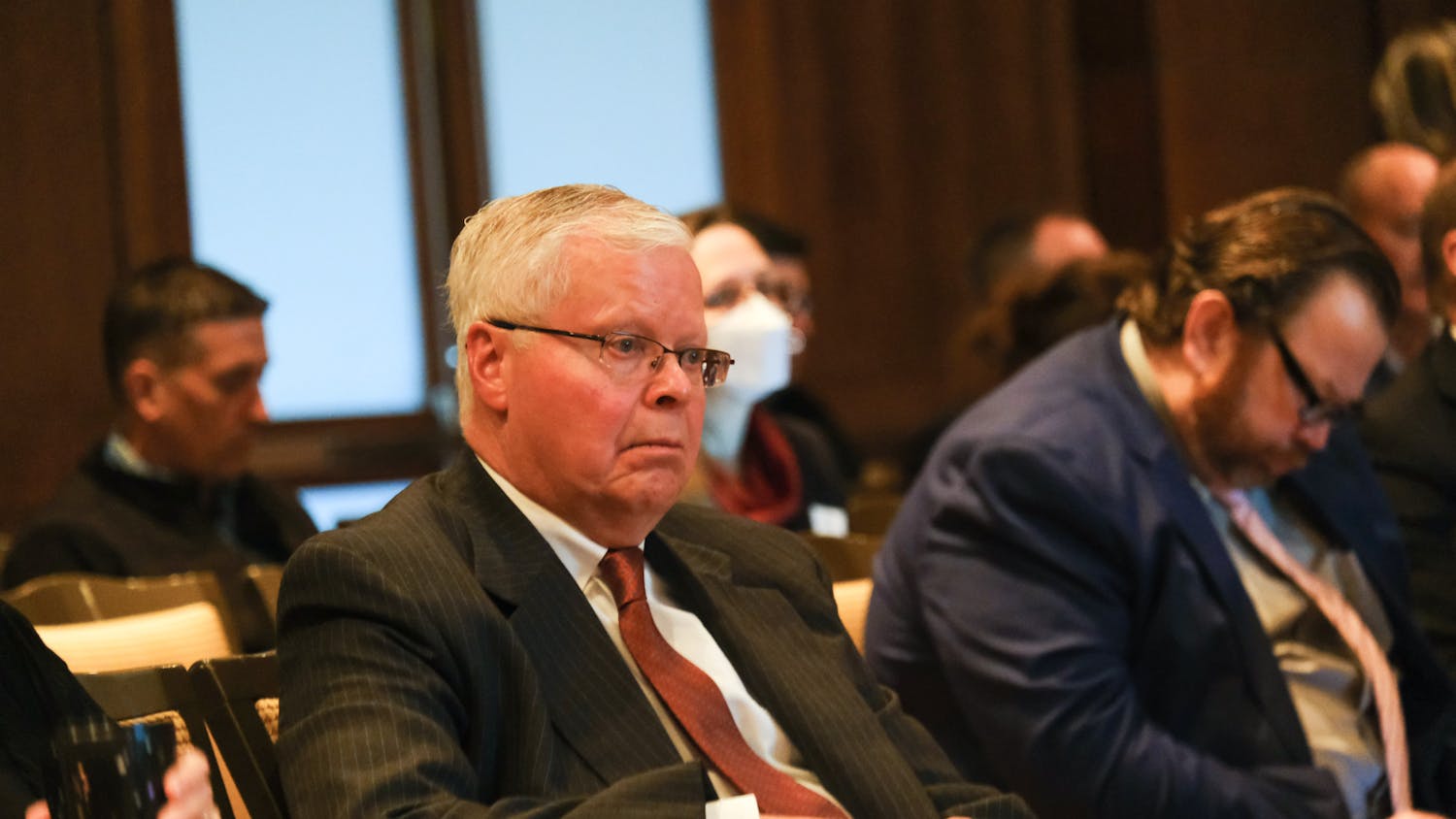Long before the days of touch screens and state-issued driver's licenses, incentives were still high for either party to politicize electoral reform in a high-stakes electoral system where 49 percent doesn't get you into office.
In the Progressive era, wealthy elites rushed to dismantle rural and immigrant populist voting majorities after the election of 1896.
Similarly, in the late 19th century when newly freed black Americans constituted a substantial portion of the electorate, Democrats erected rules in response to alleged voter fraud"" committed by black voters. But it is the voters who ultimately shoulder the cost of the politicization of electoral reform, as legislators debate political realities instead of factual ones.
Every election, the voter ID and voter fraud debate is resurrected, and lawmakers (exclusively Republicans in Wisconsin) take aim at an electoral practice that has been scape-goated over and over again to make voters the enemy - when in truth, the enemy is human error committed by the administration.
When Wisconsin instituted same-day voter registration in 1976, voter turnout jumped significantly. In the 2006 election, states with same-day registration averaged a 48.7 percent turnout, compared with 38.2 percent in states without same-day registration. As one of only nine states in the country practicing same-day registration, Wisconsin consistently produces more democratic electoral results overall than non-practicing states.
But AB158, a Republican-sponsored bill in the Assembly right now, proposes to do away with same-day registration altogether, invoking the specter of ""voter fraud"" in Milwaukee from the past two presidential elections. A two-month investigation by the Milwaukee Journal Sentinel reported that 361 ineligible ex-felons voted in the 2001 election. Assuming this figure is correct, these 361 votes constitute no more than .002 percent of all Wisconsin voters in that election.
A joint probe launched by Bush administration's Department of Justice and Milwaukee District Attorney's office settled the issue when it produced only seven convictions in the entire state - all attributed to clerical errors. The GOP contends that just because you can't always prove or prosecute voter fraud doesn't mean it isn't rampant.
What's politically easier, though: filing a public request for the IDs of 37,000 Milwaukee voters (most of which are poor, black and vote Democratic) so newspapers can run headlines for two months about unsubstantiated crimes, or legislating electoral reform based on the best research available?
AB158 also seeks to bring Wisconsin into full compliance with the 2002 federal Help America Vote Act and the National Voting Rights Act. With regard to HAVA, this means that unregistered voters can cast a provisional ballot that is retroactively verified. However, the post-election verification process requires the voter to appear in person with proper identification the next day, still creating the same amount of clerical work that same-day registration does without lessening the risk of voter ""fraud"" due to human error, as the vast majority of voter fraud today has been revealed to be.
Further, Wisconsin's State Voter Registration System (SVRS), our self-defense database against faulty addresses, is only updated after every presidential election. In the meantime, Wisconsinites are moving, graduating, sometimes going through multiple changes of address that aren't being recorded in the voter registration database, leaving us with no defense against potentially fraudulent addresses.
The National Voting Rights Act (popularly known as the Motor Voter Act) lets people register to vote when they apply for/renew their driver's license or visit any public assistance office, something Wisconsin currently doesn't allow. But 16 year olds can't vote, half of Wisconsin's blacks don't have driver's licenses, and discontinuing the practice of same-day registration leaves everyone else to flock to increasingly popular and privately conducted voter registration drives. Traditionally, these drives have even higher rates of clerical error than government-administered registration on Election Day.
In short, AB158 appears to be tough on voter fraud and expands the number of opportunities Wisconsinites have to register to vote. In practice, it would do away with one of the most progressive electoral practices Wisconsin maintains to date, do nothing to decrease the risk of voter fraud and act as a textbook example of the politicization of electoral reform to another party's advantage.
It may have been a minor hassle on Tuesday to verify I wasn't a convicted felon in conspiracy with Milwaukee's poor and dead to give Al Gore another chance, but filling out a form and bringing a piece of mail with me were a small price to pay to participate in democracy.
The administration of same-day registration could certainly do with vast reform, to be sure. But to do away with it altogether is not the solution to voter fraud. Voters and legislators alike should see through the politics to preserve true ""electoral integrity.""
Mitra Jalali is a senior majoring in political science. Please send responses to opinion@dailycardinal.com.





